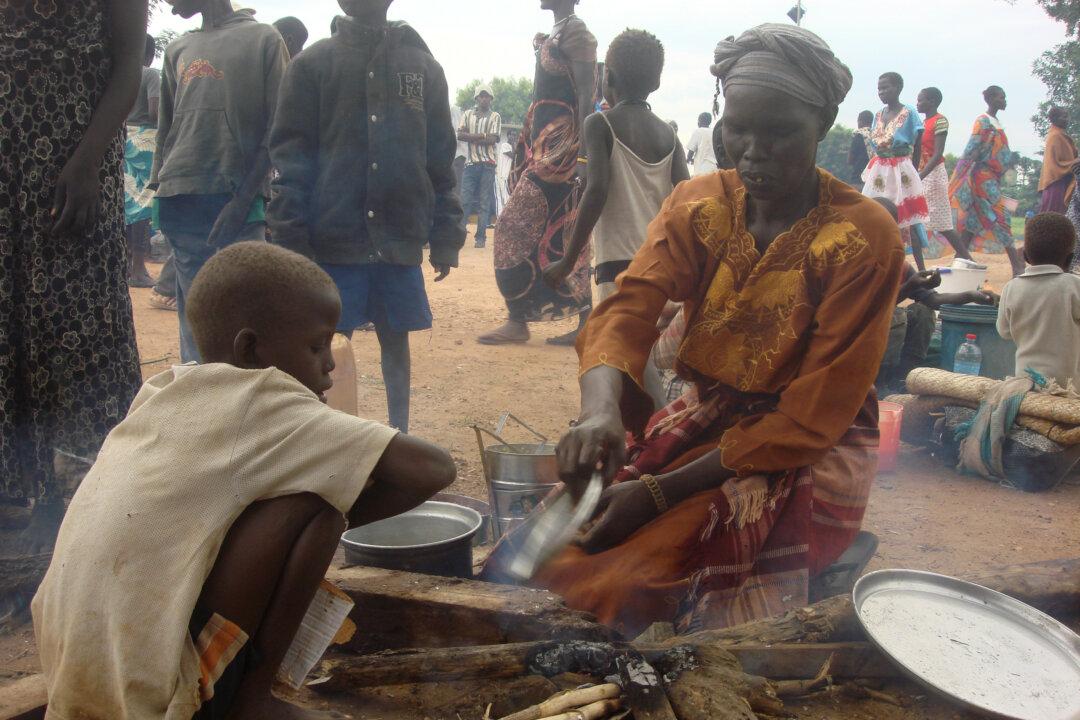The military upheaval in Turkey, whose final consequences are yet to be seen, highlights a major weakness in worldwide efforts to promote democracy. This event underscores the need to establish binding international legal principles to ban the recognition of military regimes as a result of coups d'état. Establishment of such principles, and the creation of the legal mechanisms for applying them, would foster democracy throughout the world.
The circumstances in Turkey mimic several similar situations in recent history: the coming to power of governments without support from the military. Once confronted with a threat to its political hegemony, the military either overthrows the civilian government or refuses to surrender power to democratically elected civilians.
Overt recognition by Western democracies or implied recognition through ambivalent signs of disapproval have encouraged military officers to overthrow many constitutional governments freely chosen by the people. The military relinquish power only when forced by popular will, or when its own incapacity to govern has made its position untenable.
This happened to the Greek junta after its debacle in Cyprus, to the Chilean regime under Augusto Pinochet, and to the Argentine military after the Falklands conflict. New principles could be developed, however, that would automatically bar the recognition of such de facto regimes.
Given the need to expand the role of the United Nations in keeping peace, the General Assembly and its International Law Commission could be called upon to draw up appropriate legislation. As the late Secretary-General Dag Hammarskjold once said, the United Nations is “the most appropriate place for development and change of international law on behalf of the whole society of states.”




